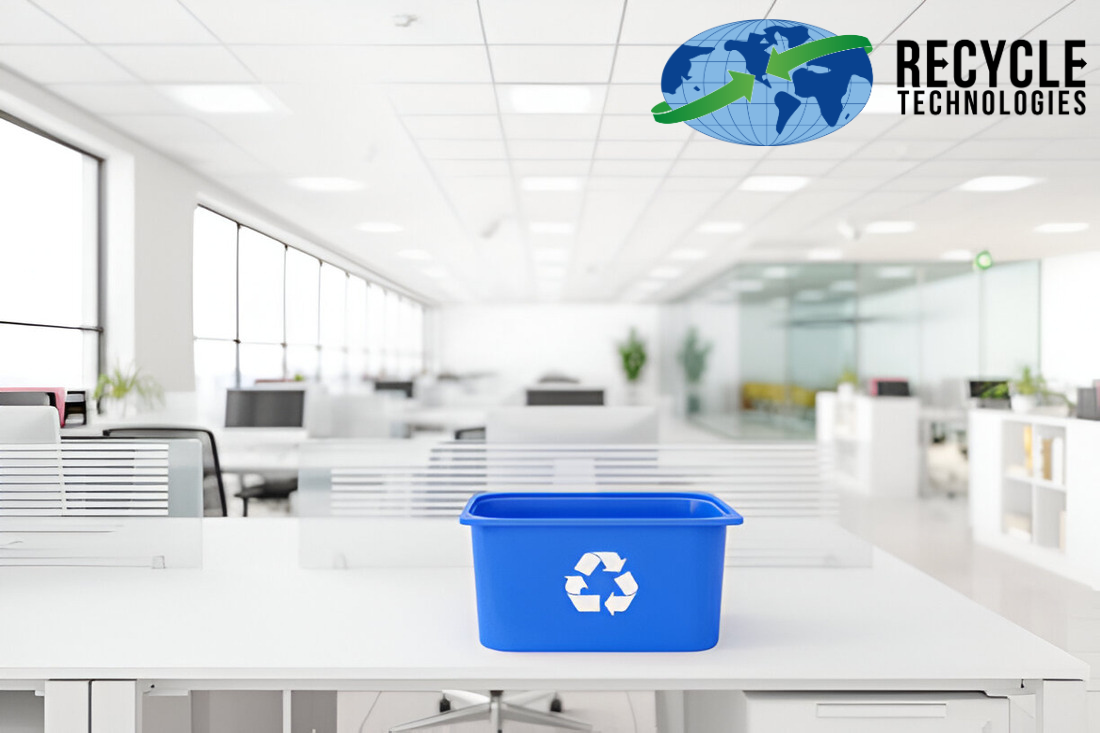Social Responsibility is the duty of individuals and companies to act in the best interests of their environment and society as a whole.
If you’re a business owner, CEO, manager or president of a company I’m sure you’ve heard the importance of social responsibility of a business. Customers, consumers, and shareholders expect the companies they purchase from and whose services they use to increase profits. But they expect it to be done in a way that respects employees, communities and the environment.
With the internet, a cellphone or keyboard away it’s easier than ever for consumers to research the ethics and accountability of the brands they support. Dozens of websites exist with brief synopses of companies using questionable procedures. Businesses of all sizes are expected to pay their taxes, protect their environment, and support animal and human rights. Boycotts, strikes, and protests are ways society keeps corporations and organizations accountable for their business practices. It would be wise to adhere to what the social responsibility of business is.

Economic Benefits to Social Responsibility of business
However, appeasing customers isn’t the only reason businesses need to focus on social responsibility. They also do it because social responsibility of business provides economic stability and dependability. When companies of all sizes are expected to uphold the same standards then they all find themselves playing by the same rules. Which means we all have a chance to grow. It gives everyone dependable market conditions to estimate costs and profits. And this allows for corporate competition, gives consumers options and supports a more equal playing field.
The importance of Social Responsibility of Business and Recycling
It is known that business recycling is an essential component for waste management plan as recycling helps to reduce the amount of e-waste from landing in landfills. It also helps in conserving the resources and minimize what impact e-waste makes. Businesses and companies have the unique responsibility to reduce the amount of waste and to recycle as much possible. And by doing so, they can lessen their carbon footprint. By doing the deed companies can save money.
One way business can advocate recycling is by placing recycling bins in their workplace. Furthermore, they can recycle their outdated hardware by using a certified recycler. We gladly will take your obsolete IT assets and disposes them. We feel that it is better to lead by an example. Our recycling programs are perfect for you if you want to get rid of e-waste fast.
Conclusion
When it comes to supporting workers’ rights and protecting the environment no one is exempt from doing their part. All businesses have to ensure safe working conditions for their employees. We all have to allow for federal holidays or pay additional holiday wages if we need to stay open. Large businesses pay for garbage disposal and so do small ones, just on a much different scale. We all pay business insurance, workers’ comp and unemployment benefits.
And companies of every size, especially in this age of technology, use electronics to manage, run and grow their businesses. Meaning they all have to find the best way to responsibly recycle them.

Corporate Responsibility to Recycle
Electronic waste is growing year after year. Common e-waste items include computers, monitors, TVs, and keyboards. But it’s important to understand that while the technical definition of e-waste is “waste consisting of discarded electronic products,” there are a dozen items that also need proper recycling. Things such as batteries, ballasts, thermometers, and more. A battery is not considered “e-waste”, but your laptop (which is) wouldn’t function without it. A fluorescent lightbulb, isn’t e-waste, but it does contain harmful mercury powder and runs on electricity. Meaning the wires and ballast used to power it should be properly recycled. Conversely, an LED lightbulb contains a circuit board, and therefore is considered e-waste.
Phones, Square© credit card readers, barcode scanners and computers; these are common pieces of business equipment. And when it’s time for your business to upgrade or replace them, it’s crucial that you are prepared to dispose of those items responsibly. Legal expectations, as well as consumer expectations, exist for a reason. Without social responsibility the health of our planet, the safety of our workers and the strength of our economy would suffer.









